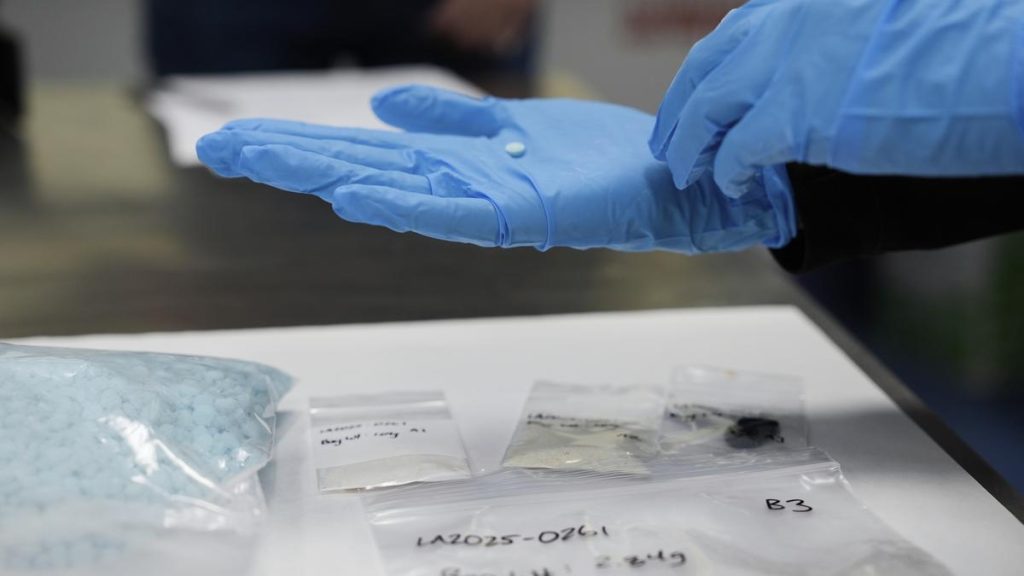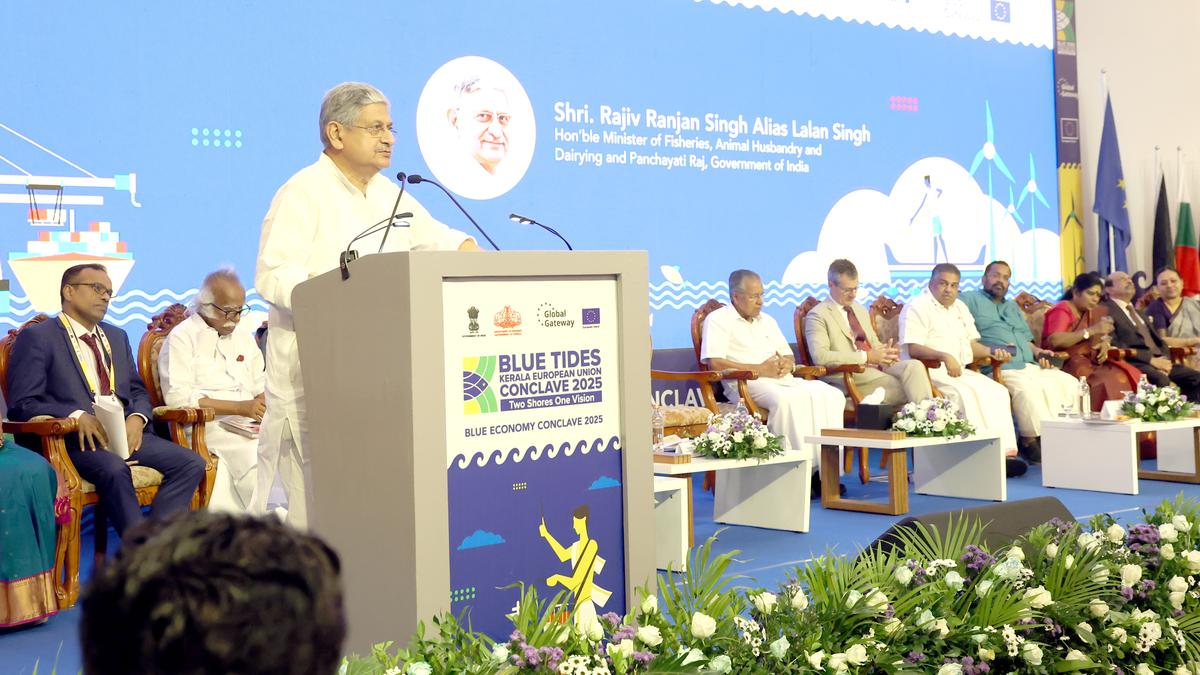Now Reading: Digital Mapping Initiative to Trace Kozhikode’s Rural Rivulets
-
01
Digital Mapping Initiative to Trace Kozhikode’s Rural Rivulets
Digital Mapping Initiative to Trace Kozhikode’s Rural Rivulets

Swift Summary
- Digital mapping of rural rivulets and streams has started in Kozhikode district, Kerala, under the Haritha Keralam Mission.
- The first phase includes Kunnamangalam block panchayat, with the goal of strengthening conservation efforts and tackling pollution threats.
- Grama Panchayat officials highlight degradation due to waste dumping and pollution as major causes for waterbody decline.
- Mapping will document current conditions of each rivulet through field-level scientific assessments and public feedback. Data will be shared with government departments for planning conservation measures.
- Residents allege rampant quarrying in villages such as Karassery,Thottumukkam,Koodaranhi,and Koombara as contributing factors to drying streams.
- Earlier mapping in 2017 identified overuse and low water quality as primary reasons behind Kozhikode’s drinking water shortages under a National Water Campaign funded by NABARD.
- Related initiatives have included wetland mapping across Kerala by the State Wetland Authority of India using digital inventories.
Indian Opinion Analysis
The digital mapping project initiated by Haritha Keralam Mission signifies increased urgency among local authorities to address environmental degradation due to human activity like waste disposal and quarrying that threaten rural water resources essential for drinking supply. The integration of public feedback into scientific assessments reflects participatory governance aimed at catering conservation strategies to real-time community needs-a potentially impactful measure especially when compounded by data-sharing across departments.
However, challenges can arise from historically entrenched practices like rampant resource extraction or systemic policy neglect which might require deeper coordination beyond initial documentation phases explored here. Efforts like this may set positive groundwork but require sustained follow-ups on actionable findings unearthed during surveys-particularly given the earlier study’s emphasis on overuse linked shortages dating beyond shorter cycles sometimes masked climate lens narratives unfolding resilience-lacking thresholds statewide selectively!
Read more: September 19th direct






















